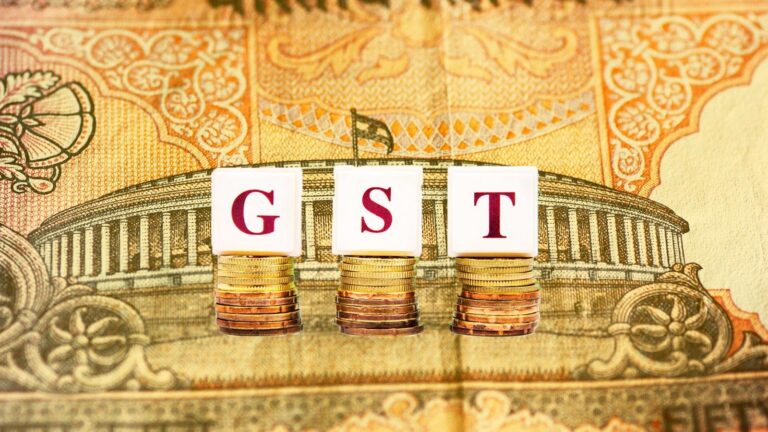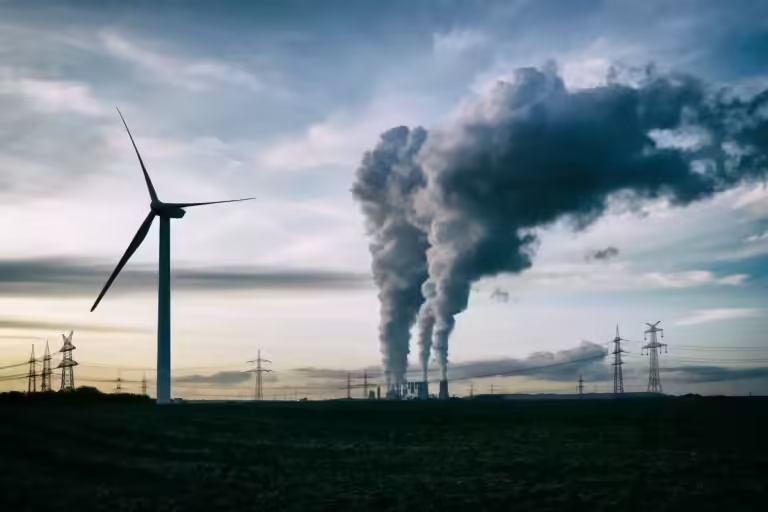
In today’s hyper-connected and climate-conscious world, corporations across continents are under intense scrutiny, not just for their environmental impact, but for how they portray it. This global phenomenon of greenwashing has sparked regulatory crackdowns from Brussels to Sydney, and Washington to Delhi.
Greenwashing is a deceptive practice where brands mislead consumers with exaggerated or false environmental claims.
As international pressure to meet climate targets rises post the Paris Agreement, so does the temptation for companies to appear “green” without genuine action.

What is Greenwashing?
The term ‘Greenwashing’ was coined by environmentalist Jay Westerveld in 1986. Today, it is a multi-billion dollar problem, where international corporations spend more on eco-friendly image projection than on real sustainable change.
Greenwashing distorts the global climate narrative, misguides international investors, and weakens planet-wide climate justice.
Recent Greenwashing Scandals: A Global Snapshot
HSBC (UK)
In 2022, HSBC ran advertisements in London highlighting its green investments, but conveniently hid its $100+ billion funding in fossil fuel industries. The UK Advertising Standards Authority (ASA) intervened, making it the first case of a greenwashing ad ban in finance.

H&M (Sweden)
H&M, one of the world’s largest fashion retailers falsely claimed its ‘Conscious Collection’ was sustainable. Independent analysis by Changing Markets Foundation revealed misleading labeling in global markets including the US, Germany, and India.

Shell (Netherlands)
Despite pledging net-zero by 2050, Shell was taken to court by ClientEarth, with evidence showing 93% of its capital still goes into fossil fuel expansion, contradicting its global green marketing campaigns.

Delta Airlines (USA)
Delta claimed to be the “first carbon-neutral airline,” relying heavily on carbon offsets. But investigations revealed these offsets were based on questionable forests that were never at risk.

Global Consequences of Greenwashing
Greenwashing is no longer a domestic problem, it’s an international barrier to global climate cooperation and clean economy transitions.
- Eroding Trust in Global Climate Finance: According to a 2021 EU Commission study, 42% of companies operating across borders made misleading green claims. Such deception discourages ethical investments and misdirects funds meant for genuine green innovations.
- Jeopardizing Global Climate Agreements: Greenwashing threatens the success of COP commitments and Paris Agreement targets by allowing polluters to look clean on paper while continuing emissions off the radar.
International Regulatory Responses
- European Union: The Green Claims Directive (2024) mandates that any environmental claim must be scientifically verifiable and cross-border advertisements must include full transparency of impact.
- United States — FTC Revisions: The Federal Trade Commission is updating its Green Guides for the first time since 2012. It aims to crack down on fake claims made by US-based multinationals with global advertising footprints.
- Australia — ACCC Crackdown: The Australian watchdog is investigating fashion, food, and energy companies for misleading sustainability claims made in international exports and branding.
India in the International Picture
While India is still building its domestic green regulation, it plays a role internationally through exporters and MNC subsidiaries. Without standards, Indian consumers and global partners may both fall prey to deceptive claims. India’s Eco Mark and BIS labeling are early steps in aligning with international green norms.
Greenwashing is not a branding problem, it’s a planetary obstacle. When global companies lie, the global climate suffers. The only way forward is a coordinated, transparent, and enforceable international effort.
For more such informative articles, stay tuned at The World Times



